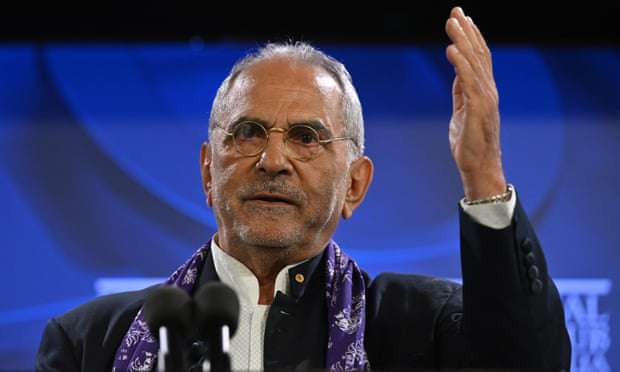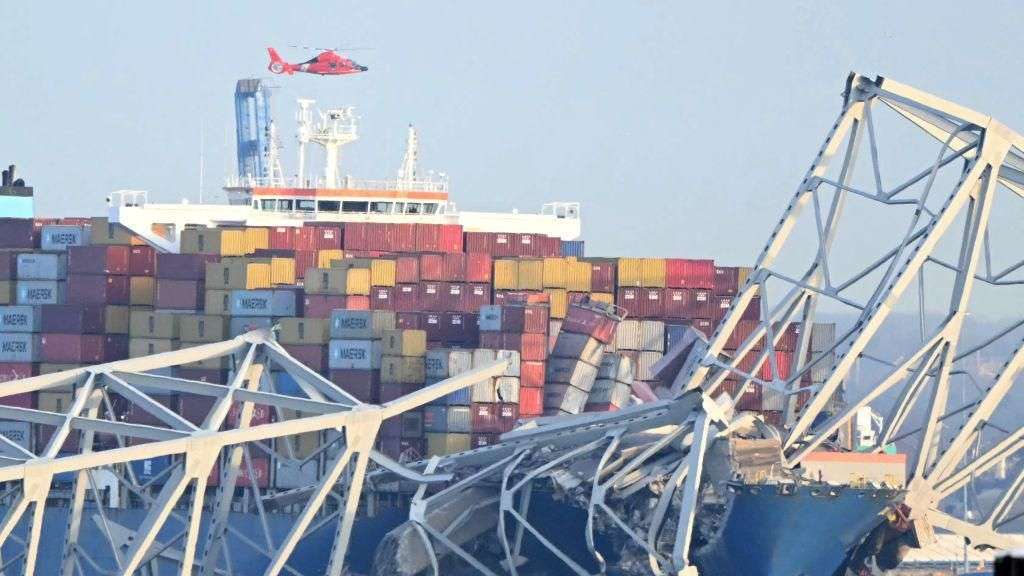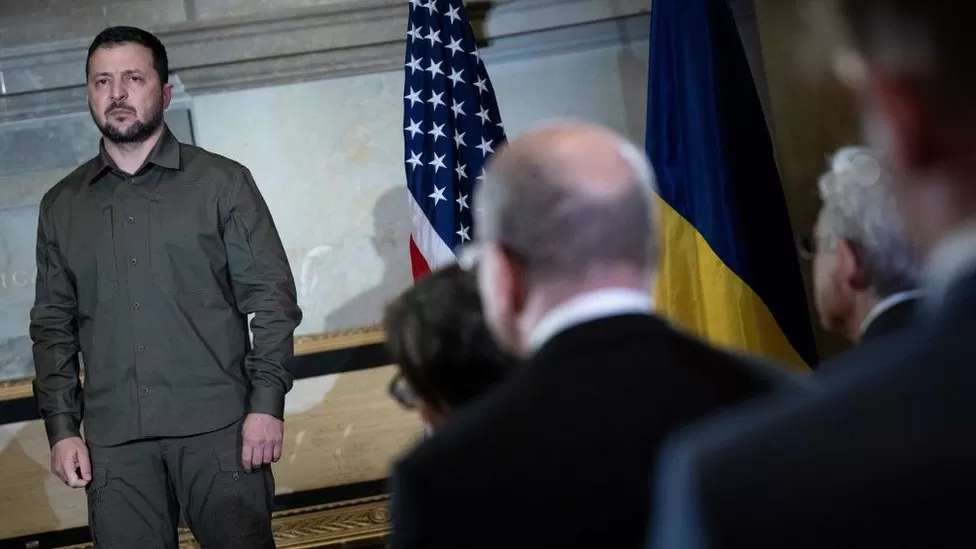Australian intelligence agencies “know very well†that Timor-Leste’s decision to upgrade diplomatic relations with China is nothing to worry about, the country’s president has said, in an apparent reference to the 2004 spying scandal.
José Ramos-Horta has sought to ease any concerns among Timor-Leste’s neighbours about the country’s new comprehensive strategic partnership with China, despite the agreement flagging plans to expand military exchanges.
In an interview with the Guardian on Friday, Ramos-Horta said Australia would remain Timor-Leste’s “preferred defence and security partnerâ€.
But the president also alluded to a 2004 scandal when Australian spies bugged Timor-Leste’s cabinet room during sensitive negotiations over access to oil and gas reserves.
Asked whether Timor-Leste had given the Australian government a heads-up about the deal, Ramos-Horta said: “Well, I can tell you I think the Australian government, particularly the Australian intelligence, they know very well [our position].
“So the people in Australia who are the least worried about our relationship with China are the government and the intelligence because they know very well our position. The only people who are very worried about Timor-Leste and China are the journalists.â€
The deal to upgrade the relationship covers a range of areas such as infrastructure development, but also includes explicit support for the Chinese Communist party’s position on the status of Taiwan.
The deal was announced by the Timor-Leste prime minister, Xanana Gusmão, and China’s president, Xi Jinping, after they attended the 19th Asian Games in Hangzhou.
According to the joint statement last Saturday, Timor-Leste and China agreed to “enhance high-level military exchanges, strengthen cooperation in areas such as personnel training, equipment technology, the conduct of joint exercises and trainingâ€.
The Australian opposition raised concerns about the deal, saying it “demonstrates the very intense strategic competition in our region†after Solomon Islands struck a security agreement with China last year.
The opposition foreign affairs spokesperson, Simon Birmingham, told the ABC: “Perhaps the Albanese government is being mugged by the reality of the circumstances now.â€
But Ramos-Horta said there was nothing unusual about the arrangement, because China already had a comprehensive strategic partnership with dozens of countries, including Australia.
He said Timor-Leste would pursue its own priorities when the deal was implemented, especially practical matters such as “Chinese support to develop our agriculture so that we can ensure food securityâ€.
“We may work together in fisheries, not so that Chinese vessels can come to the Timor Sea and fish randomly and export live fish to China,†Ramos-Horta said.
“No, we are not interested in that. We would be interested in partnership with China in fisheries but to use Timor-Leste as a base for processing, packaging, freezing and export, so to create more jobs [with] value added.â€
Ramos-Horta said Timor-Leste, as a small country, already had security partnerships with Australia, Indonesia and Portugal.
“So, you know, if we were 100 million people, yes, we might need different partners, but right now our preferred defence and security partner for the last 22 years has been Australia … and that will continue.â€
In the same interview, Ramos-Horta called on Australia to rejoin the United Nations International Fund for Agricultural Development to help tackle the global food crisis.
“This food crisis will only exacerbate in the months and years to come because of climate change, unpredictable weather patterns and many other challenges related to agriculture,†he said.
The US assistant secretary of state for east Asian and Pacific affairs, Daniel Kritenbrink, said Washington was not asking countries in the region to choose between it and China.
But he said countries should have “the ability to make their own sovereign decisions and their own choices free from coercionâ€.
“We’re focused on our affirmative agenda in the region, including with friends in Timor-Leste, and we’ll continue to do that,†Kritenbrink said in a media briefing on Friday.








